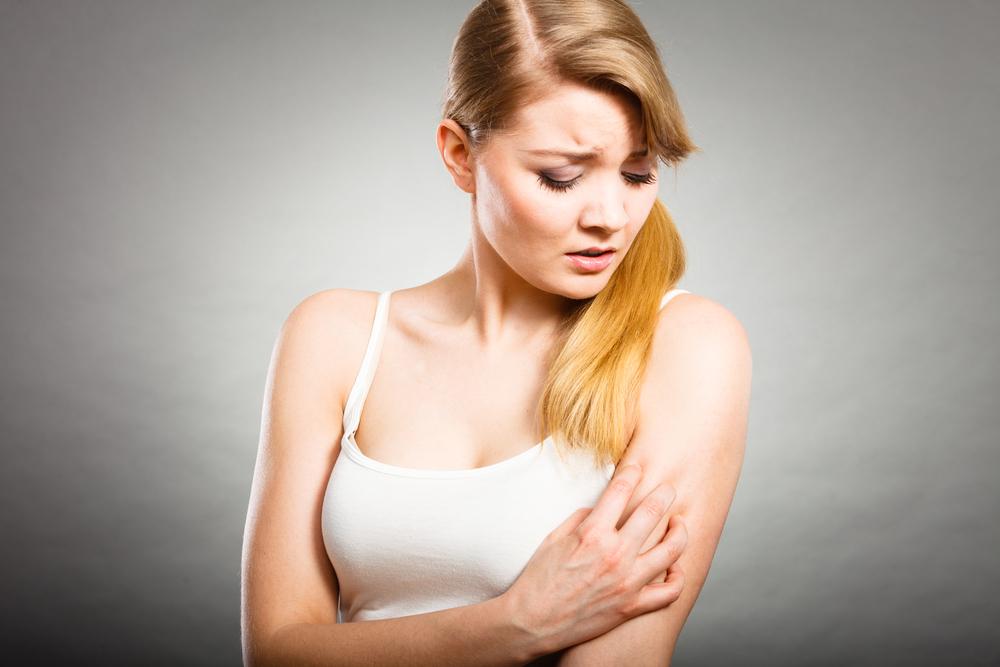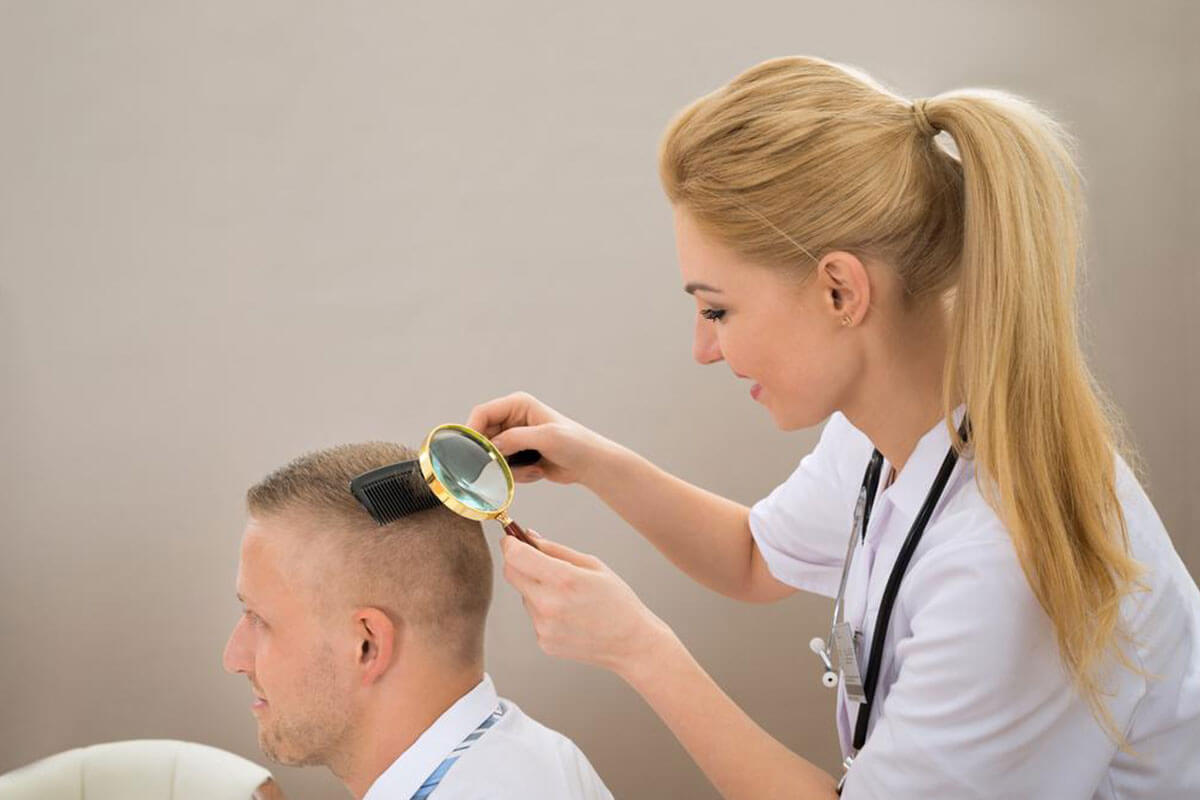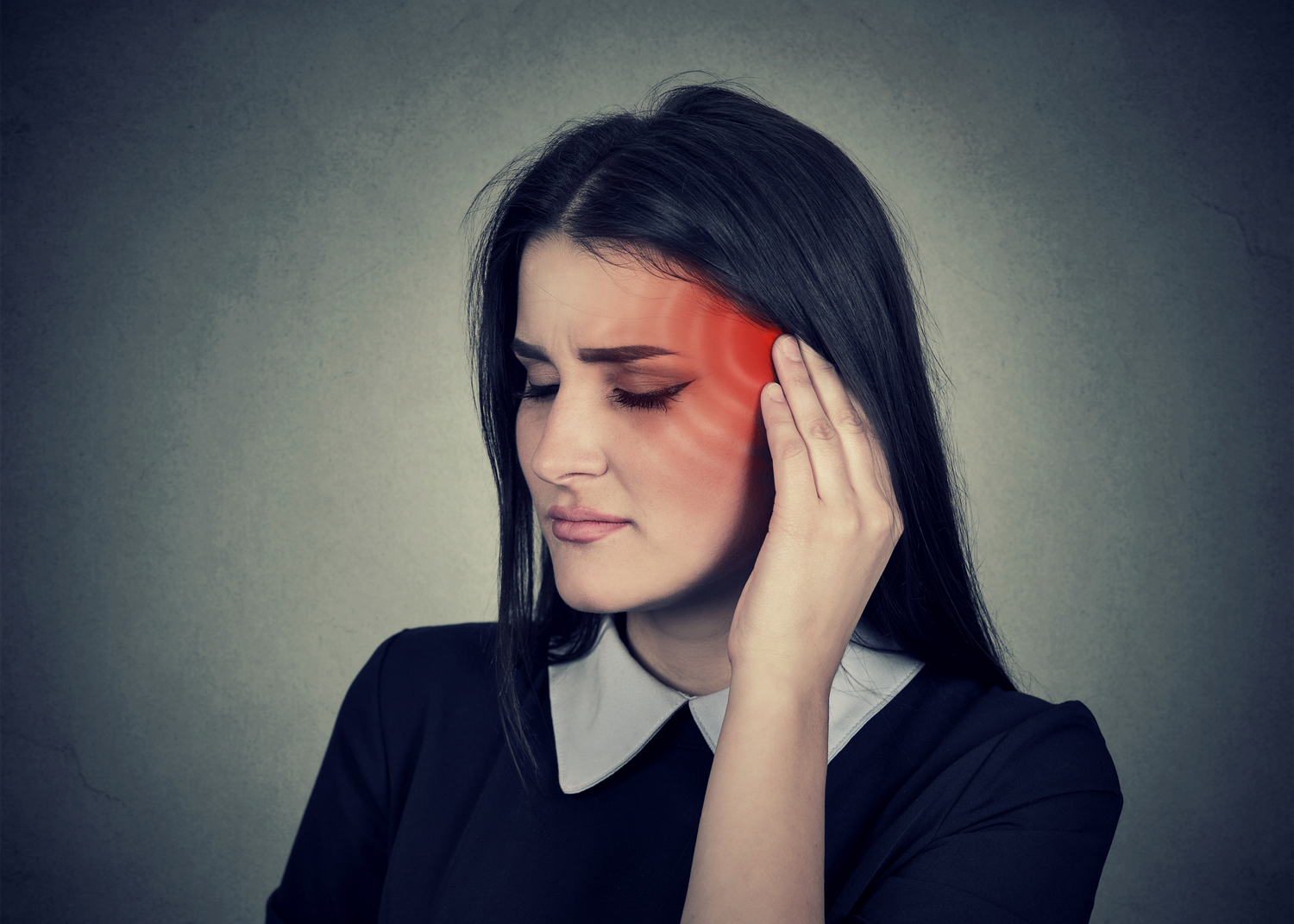Here’s Everything You Need To Know About Psoriasis
Here’s everything you need to know about psoriasis
Skin ailments can cause a lot of distress to the affected individual, and to add to the severity of the condition, there’s a social stigma attached to it as well. There are certain misconceptions related to skin diseases harbored by people, and they fail to realize that all skin diseases aren’t contagious. Moreover, to further worsen the condition, people often try to find their own “cure” for these skin diseases that can, at times, lead to fatal repercussions.

Psoriasis is a chronic autoimmune disorder that results in slight abnormalities on the surface of the skin and affects around 7.5 million people in the country. In addition to the excruciating pain, this condition causes massive changes in an individual’s usual routine and makes the condition quite formidable. Read on to learn more about this condition and the different treatment methods used to reduce its impact.
What is psoriasis?
- Psoriasis skin disease is actually an autoimmune condition that results in an uncontrolled buildup of skin cells. These skin cells make the skin appear scaly, and inflammation and redness often appear around these scales. Psoriasis skin disease is often characterized by the presence of whitish-silver psoriatic scales that ultimately develop into thick, red patches.
- Psoriasis is a skin disease that usually affects the hands, feet, neck, scalp, and the face. It can even affect one’s nails, mouth, and the area around the genitals.
- One can assert that psoriasis skin disease is the result of a heightened skin production process. The actual life cycle of skin cells is about a month, but in psoriasis, the skin cell production occurs in a few days and the skin cells do not have the time to fall off as they usually do. It, therefore, results in the build-up of skin cells.
What are the symptoms of psoriasis?
- The symptoms of psoriasis differ from person to person and also depends on the type of psoriasis and the severity of the condition.
- The most common symptoms of this condition are the presence of red, raised, inflamed patches of skin; soreness around these patches; whitish-scales or plaques on the red patches; dry skin that can easily crack and bleed; itching and burning sensations around the patches; painful and swollen joints; and thick and pitted nails.
What are the causes of psoriasis?
The actual cause of psoriasis skin disease remains debatable, but years of research have narrowed it down to two principal factors: genetics and the immune system.
- Genetics : If anyone in the individual’s immediate family is affected by psoriasis, then there are high chances that the person too is susceptible to this condition. Around 2 to 3 percent of people who suffer from psoriasis skin disease are affected by this condition owing to its genetic susceptibility.
- Immune system: As mentioned earlier, psoriasis skin disease is an autoimmune condition, which means that this condition arises when the body’s immune system starts attacking itself. In psoriasis, the white blood cells called T mistakenly attach to the skin cells instead of attacking the invading bacteria and infections. This mistaken onslaught on the skin cells results in it going into an overdrive and increasing the production of the skin cells manifold. The new skin cells that are formed are pushed to the skin surface, and they pile up resulting in the formation of plaque and scales. This unforeseen attack on the skin cells results in inflammation and makes the skin appear red.
Which are the popular treatment methods for psoriasis?
One of the factors that make the condition formidable is that there’s no cure for psoriasis skin disease. However, there are certain treatment methods that can be used to reduce its intensity.
- Topical treatments: Certain topical creams and ointments can be directly applied to the skin to reduce the redness and inflammation. This can be used to treat mild to moderate instances of psoriasis. Topical corticosteroids, anthralin, salicylic acid, and moisturizers are some of the topical psoriasis treatment options.
- Systemic medications: If one doesn’t react favorably to topical treatments, they need to undergo another type of treatment that involves the use of oral or injected medications. Methotrexate, cyclosporine, retinoids, and biologics are some of the medications that are administered in severe cases of psoriasis.
- Light therapy: This form of psoriasis treatment involves the use of ultraviolet (UV) or natural light. Sunlight or UV rays kill the overactive white blood cells that start attacking the healthy skin cells which leads to rapid cell growth.
Tags- psoriasis skin diseases




